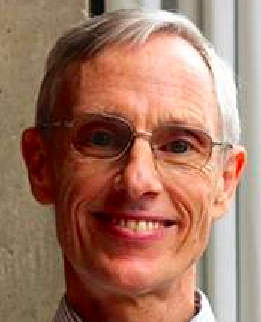Here’s a sketch of a movie idea about an excellent scientist and citizen, which I had had for some time, but which took further form during a cathedral mass in Granada in 1999. (There is also my “A Mathematician at Heaven’s Gate.”)
On the very day our scientist, Prof. Blake, retires he dies, and to his pleasant surprise finds himself at the Pearly Gates.
“It’s incredible, religion was right about this.”
“Are you concerned at all?”
“No, I’ve led a good life, and I’m sure this God must be good and appreciative.”
“What good have you done?”
“I’ve led the advancements in my field and been an upstanding member of the community.”
“What is good about such work?”
“Well, the purpose of humanity is to understand the universe, and I’ve contributed to that.”
“Do you think you did it because it was important, or because it appealed to you?”
“No, it is important.”
“Yes, though some folks find it easy to rationalize whatever they want to do. Why do you think you’ve been so successful.”
“Well, I’ve worked hard I guess, made myself organized and persistent and energetic.”
“And what do you think we should do with others who have been less successful, less organized and energetic?”
“Well, I guess you can’t just pretend it doesn’t matter. Maybe you could let them try again, with a fresh start.”
“Actually, we were wondering whether you might go back and finish up their work for them.” Continue reading ‘Scientist in Heaven’ »

 Welcome to my blog. I also have a blog at the
Welcome to my blog. I also have a blog at the